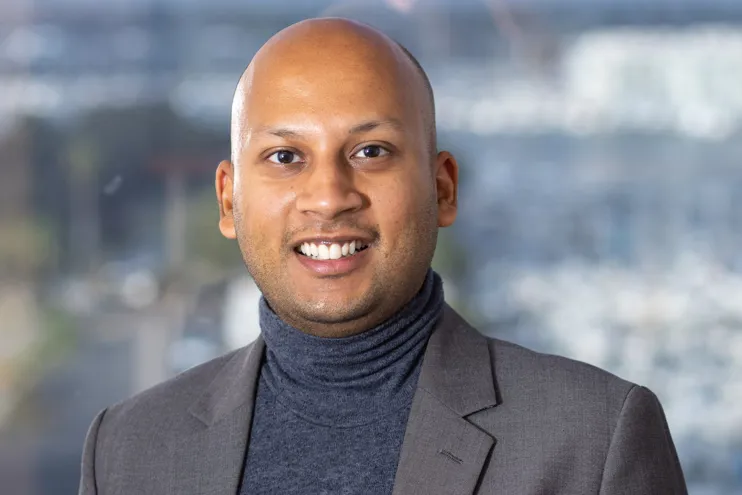Could AI systems solve our global issues?
Professor Mayank Kejriwal PhD won an IET Achievement Medal in 2022 for his research into how applied AI can be used to address these difficult social challenges. Two years on, we caught up with Mayank to find out the latest on his AI journey to making the world a better place.

From combating climate change and tracking deforestation to tackling illegal issues like human trafficking and overfishing, AI can significantly support human efforts in creating more effective and efficient solutions to the global challenges we face.
Mayank is a principal scientist in the University of Southern California’s Information Sciences Institute, as well as a research assistant professor in the Department of Industrial and Systems Engineering. Since 2022, Mayank has established a new group called Artificial Intelligence and Complex Systems (AICS), which focuses on conducting both applied and fundamental AI research that can inform the biggest challenges of our time, explaining that “a key mission was to pursue research on responsible AI, especially after the launch of ChatGPT and other such models”.
His current research investigates the moonshot problems in AI. “We have been working on understanding emergent properties of large language models like ChatGPT by applying techniques inspired by psychology,” Mayank explains.
Thinking of the models as ‘mini brains’, the team are working towards the science of understanding the properties better. “We’ve tested these models for common sense, for example, and found that they can be non-robust, making ‘obvious’ mistakes that humans would not.”
Mayank’s work has been applied in many high-impact domains to try and solve some of the real-world problems we face, from healthcare to human trafficking. “We have continued to apply our research on complex systems to human trafficking and are currently using data provided by a federal agency to determine the prevalence of human trafficking in various countries in Asia.”
Using an AI technology called knowledge graphs, Mayank and his team have been able to build text-based platforms for supporting humanitarian operations, as well as empowering patients to find doctors and healthcare facilities quickly and easily, and to map networks of illicit finance using datasets.
“We now have the technology to read enormous troves of data to try and make sense of them, almost as a human would, which is absolutely critical. This kind of intelligence at scale, possible with today’s AI, makes a huge difference. However, it is important that we develop, use and interpret AI carefully, and always with a variety of human perspectives.”
So, what can AI do for us? Advanced machine learning models can analyse large datasets from satellites, sensors and historical climate data, and identify patterns to predict future climate scenarios with greater precision. “AI will allow us to model climate change and conduct socio-economic simulations at scale, which will help policymakers and scientists understand potential impacts and devise mitigation strategies.
Similarly, we may be able to use AI to analyse socioeconomic data to understand the root causes of poverty – such as unemployment, lack of education and inadequate healthcare – which will help NGOs and policymakers design targeted interventions and allocate resources more effectively,” Mayank concludes.
